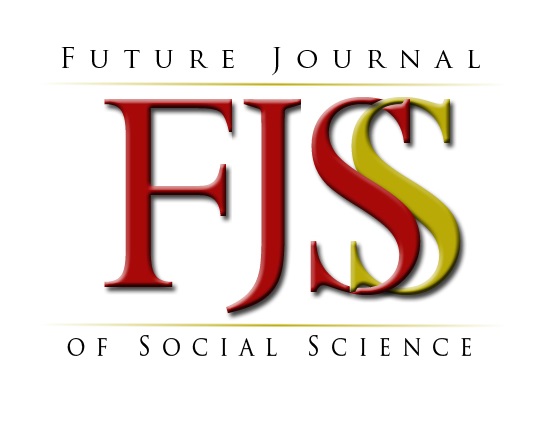Future Journal of Social Science

Abstract
Panel cointegration estimates are utilized for four groups of consumers of renewable electricity—residential, commercial, transportation, and industrial—from 1985 to 2020. The paper study uses panel cointegration for long and short-run effects using panel autoregressive distribution lag (ARDL) with several causality tests. This research finds that in the long run, tax credit, gross domestic product, and CO2 emission elasticities affect residential renewable energy consumption positively. Furthermore, natural gas affects the consumption of renewable energy negatively. The findings have social impacts which are that the consumption of renewable energy significantly emphasizes the global warming and energy security phenomena. The federal government of the United States should continue to increase the allocation of tax credits for renewable electricity generation projects and decrease it for projects that depend heavily on non-renewable consumption, thereby causing emissions. These policies could significantly help domestic renewable energy projects to compete with non-renewable energy producers, as well as serve different energy consumer sectors. Further, the result shows that lower natural gas price levels make electricity generation from natural gas cost competitive and shift electricity consumption from the competitive to the cheaper cost. Based on other results that support this finding, electricity price has a significant positive impact on renewable energy consumption. No studies examine the impact of energy tax policies and energy price elasticity on renewable electricity consumption.
Recommended Citation
Alnafisah, Hind
(2022)
"Assessing the Factors that Determine Renewable Electricity Consumption in the United States: Using ARDL Approach,"
Future Journal of Social Science: Vol. 1:
Iss.
2, Article 3.
Available at:
https://digitalcommons.aaru.edu.jo/fjss/vol1/iss2/3
Included in
Agricultural and Resource Economics Commons, Economics Commons, Other International and Area Studies Commons

